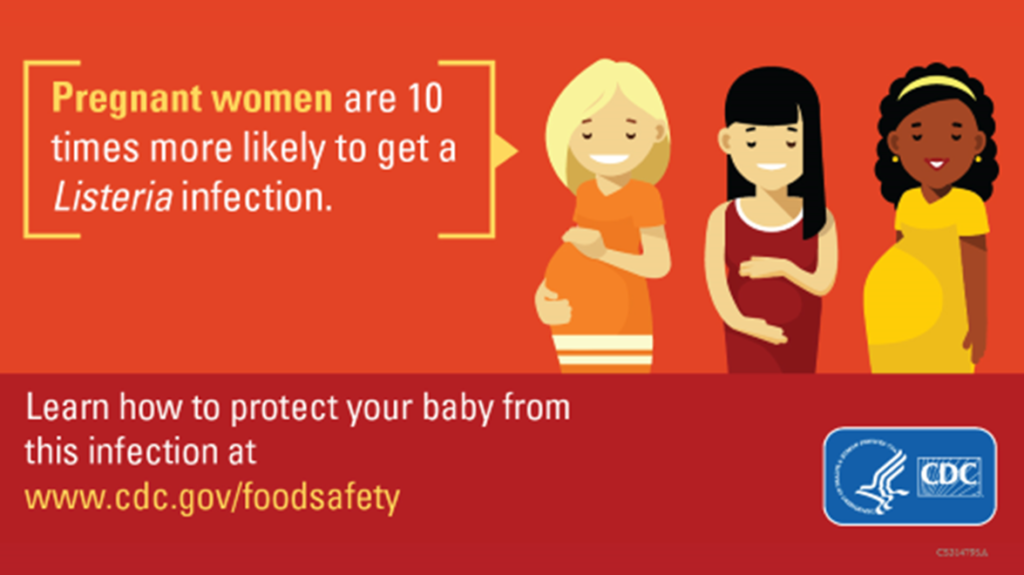September is National Food Safety Month
Bacteria, viruses, and toxins, oh my!
With illness at the forefront of everyone’s mind for the past several months, food safety is an important topic. While there is no evidence that COVID-19 can be transmitted through food, there are plenty of other serious illnesses that can come from contaminated or improperly cooked food. WIC participants can be especially susceptible to foodborne illness, also known as food poisoning. That is why we are taking this opportunity to provide you with tips for staying illness-free when it comes to food.
Individuals who may be more likely to get sick from contaminated food include pregnant women and young children. Pregnant women are advised to follow these tips and avoid the following: raw or undercooked meats and eggs, as well as raw, undercooked, or refrigerated smoked seafood, soft cheeses, and unpasteurized milk or juice. Hot dogs and lunch meats should be avoided unless they are cooked until steaming hot.
Here are some additional food safety tips which will help you avoid getting a nasty food bug no matter what your age:
- Wash your hands. It is a good idea to wash your hands often, especially when preparing food. Wash your hands before preparing food and wash your hands after handling any raw meat or seafood. Wash children’s and infant’s hands before eating or helping prepare food as well.
- Separate foods. Keep raw meat, poultry, eggs and seafood separate from other foods by using separate cutting boards, knives, and utensils.
- Check temperatures. The best way to tell whether you have cooked something all the way through is by using a food thermometer to check the internal temperature of the food. Follow these guidelines for safe cooking temperatures.
- Wash fruits and vegetables. Run all produce under water and use your hands or a soft brush to wash. Even produce with a peel that you will cut through, such as a grapefruit or avocado, should be washed!
- Cool leftovers soon after cooking. Leftover food can grow bacteria very easily if it is not cooled quickly enough. Be sure to get your leftovers into the refrigerator (below 40 degrees Fahrenheit) or freezer within one hour.
Let’s not forget food safety for breastmilk! Click here to learn about the safest ways to store and thaw breastmilk.
As always, contact WIC at 970-395-1113 if you have any questions about eating safely, and we will be happy to help.
